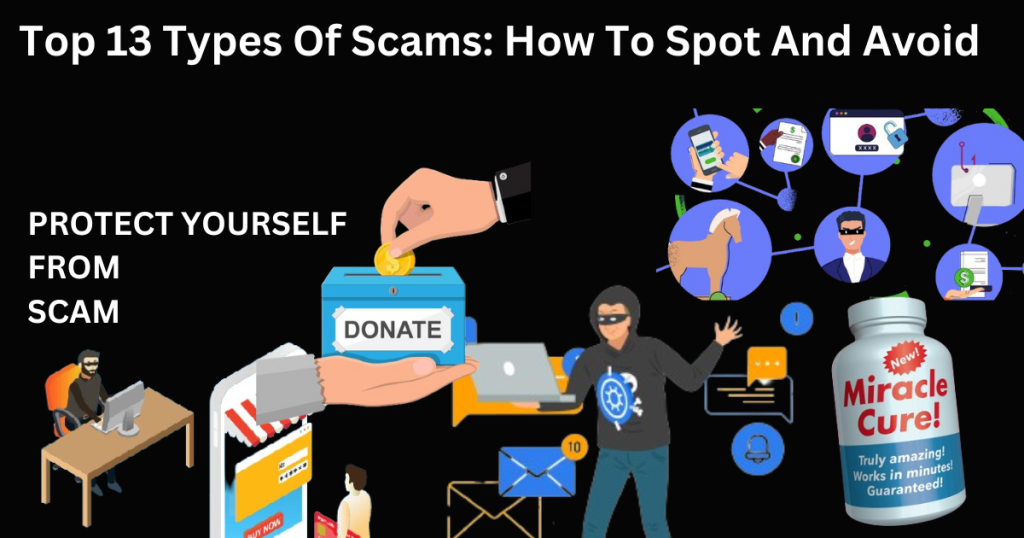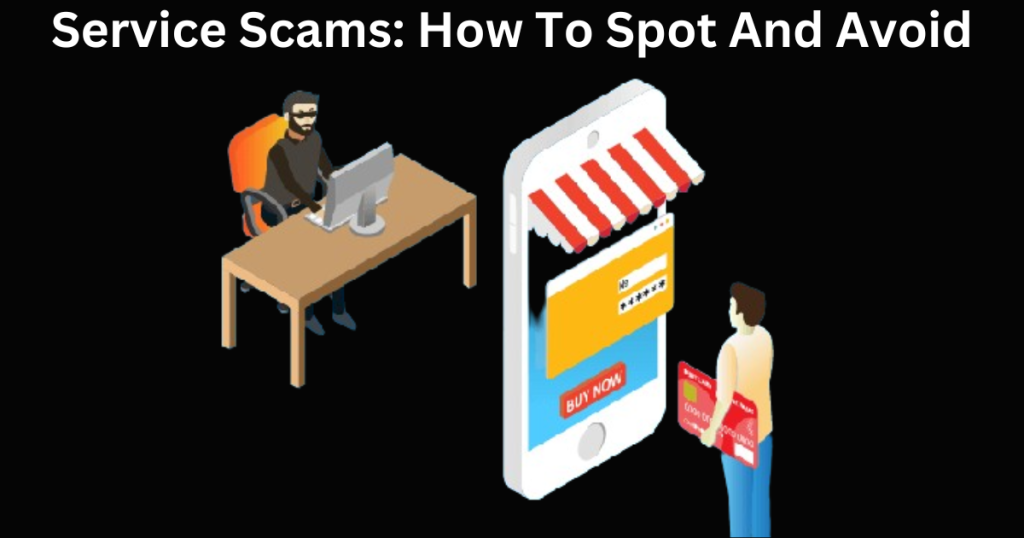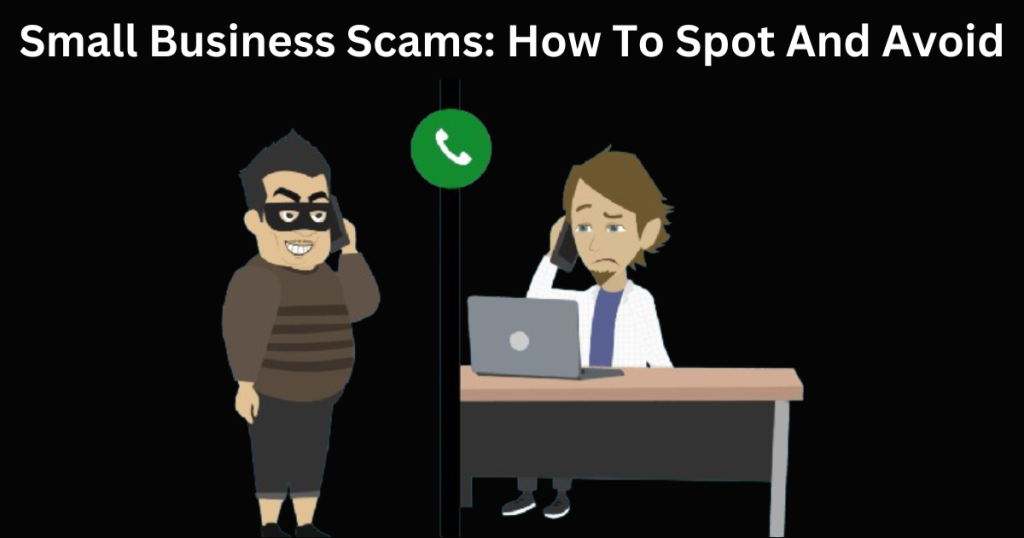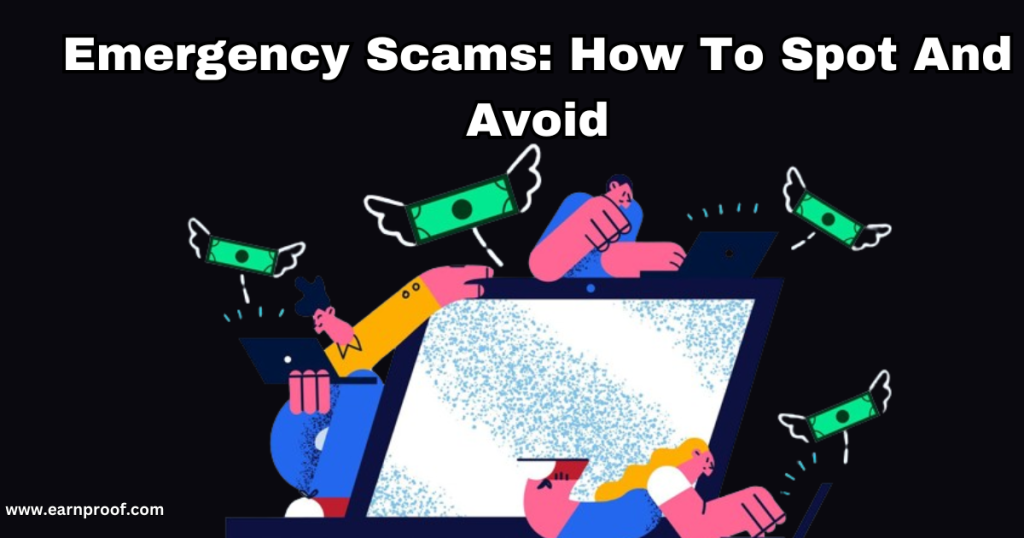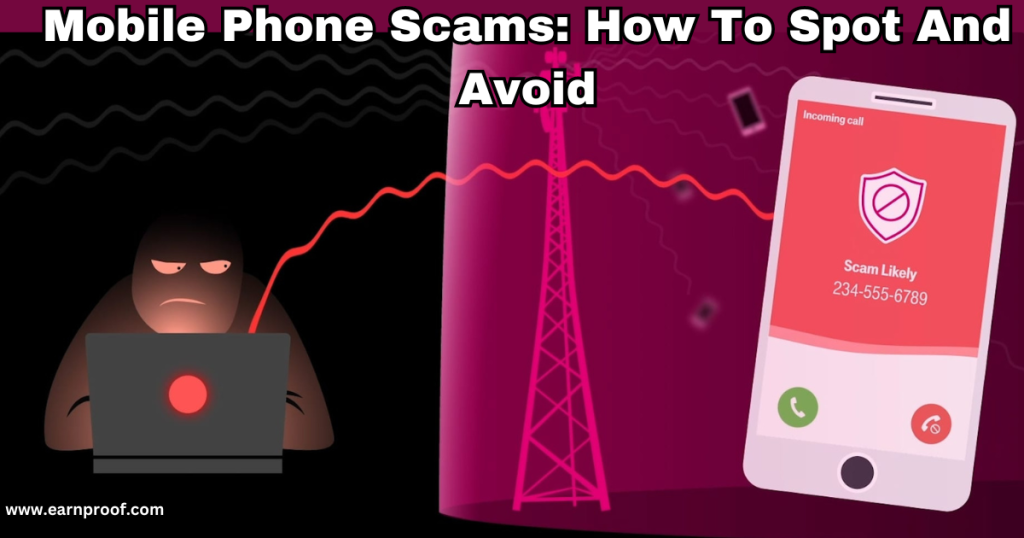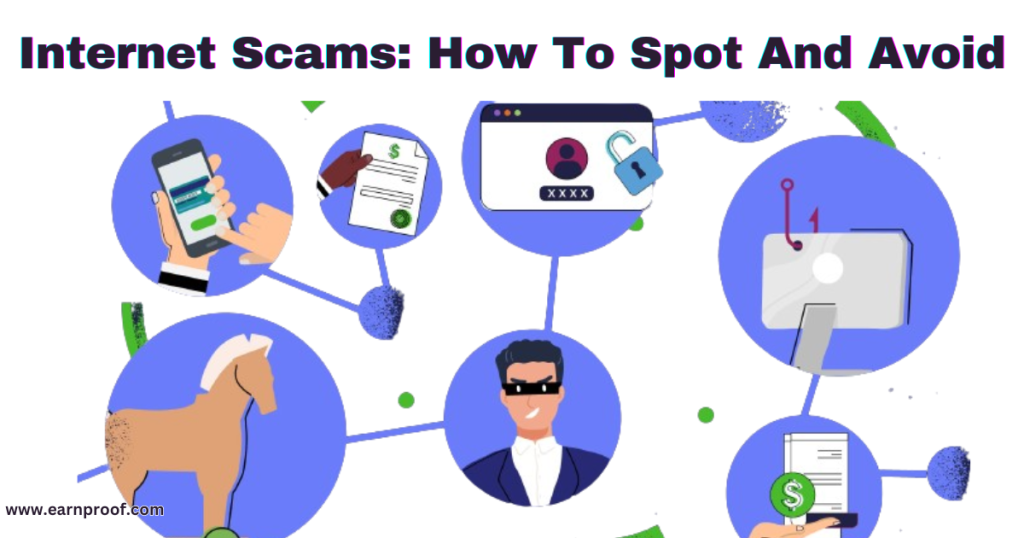Please review our DISCLAIMER before proceeding to ensure you understand our content.
RECOMMENDED: buy our ebook “the ultimate scam tactics’ from our store
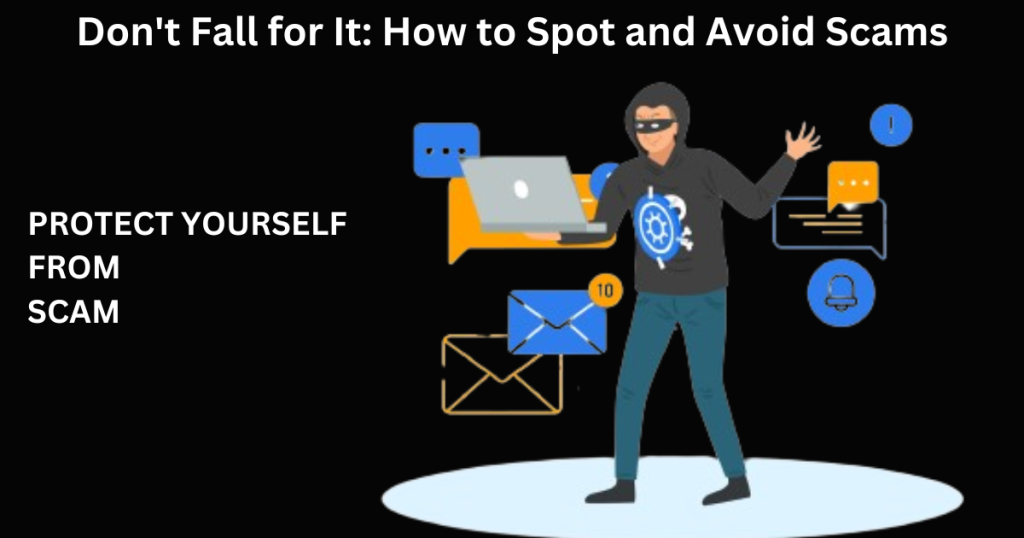
What is a Scam?
Don’t Fall For It: How to Spot and Avoid Scams
Also Read: dating and romance scam: how to spot and avoid
PROTECT YOUR IDENTITY
- Only give out your personal details and information where it is absolutely necessary and when you trust the person you are speaking to or dealing with.
- Destroy personal information: don’t just throw it out. You should cut up or shred old bills, statements or cards—for example, credit cards and ATM cards.
- Treat your personal details like you would treat money: don’t leave them lying around for others to take.
Also Read: small business scams: how to spot and avoid
MONEY MATTERS
- Never send money to anyone that you don’t know and trust.
- Do not send any money or pay any fee to claim a prize or lottery winnings.
- “Jobs” asking you to simply use your own bank account to transfer money for somebody could be a front for money-laundering activity. Money laundering is a serious criminal offence.
- Avoid transferring or wiring any refunds or overpayments back to anyone you do not know.
Also Read: service scams: how to spot and avoid
THE FACE-TO-FACE APPROACH
- If someone comes to your door, ask to see some identification. You do not have to let them in, and they must leave if you ask them to.
- Before you decide to pay any money, if you are interested in what a door-to-door salesperson has to offer, take the time to find out about their business and their offer.
- Contact the Competition Bureau, provincial and territorial consumer affairs offices or the Better Business Bureau of your province or territory if you are unsure about a seller that comes to your door. See pages 29 and 30 for contact information.
Also Read: money transfer scams: how to spot and avoid
TELEPHONE BUSINESS
- If you receive a phone call from someone you do not know, always ask for the name of the person you are speaking to and who they represent. Verify this information by calling the company yourself.
- Do not give out your personal, credit card or online account details over the phone unless you made the call and the phone number came from a trusted source.
- It is best not to respond to text messages or missed calls that come from numbers you do not recognize. Be especially wary of phone numbers beginning with 1-900. These may be charged at a higher rate than other numbers and can be very expensive.
Also Read: lottery scams: how to spot and avoid
EMAIL OFFERS
- Never reply to a spam email, even to unsubscribe— often, this just serves to “verify” your address to scammers. The best course of action is to delete any
suspicious emails without opening them. - Turn off the “viewing pane” as just viewing the email may send a verification notice to the sender that yours is a valid email address.
- Legitimate banks and financial institutions will never ask you for your account details in an email or ask you to click on a link in an email to access your account
- Never call a telephone number or trust other contact details that you see in a spam email.
Also Read: pyramid scheme scam: how to spot and avoid them
INTERNET BUSINESS
- Install software that protects your computer from viruses and unwanted programs and make sure it is kept current. If you are unsure, seek the help of a computer professional.
- If you want to access a website, use a bookmarked link to the website or type the address of the website into the browser yourself. Never follow a link in an email.
- Check website addresses carefully. Scammers often set up fake websites with addresses very similar to legitimate websites.
- Beware of websites offering “free” downloads (such as music, adult content, games and movies). Downloading these products may install harmful programs onto your computer without you knowing.
- Avoid clicking on pop-up ads—this could lead to harmful programs being installed on your computer.
- Never enter your personal, credit card or online account information on a website that you are not sure is genuine.
- Never send your personal, credit card or online banking details through an email.
Also Read: internet scams: how to spot and avoid
- Avoid using public computers (at libraries or Internet cafes) to do your Internet banking or online shopping.
- When using public computers, clear the history and cache of the computer when you finish your session.
- Be careful when using software on your computer that auto-completes online forms. This can give Internet scammers easy access to your personal and credit card details.
- Choose passwords that would be difficult for anyone else to guess—for example, passwords that include letters and numbers. You should also regularly change passwords.
- When buying anything online, print out copies of all transactions and only pay via a secure site. If using an Internet auction site, note the ID numbers involved and read all the security advice on the site first.
Also Read: health and medical scams: how to spot and avoid
